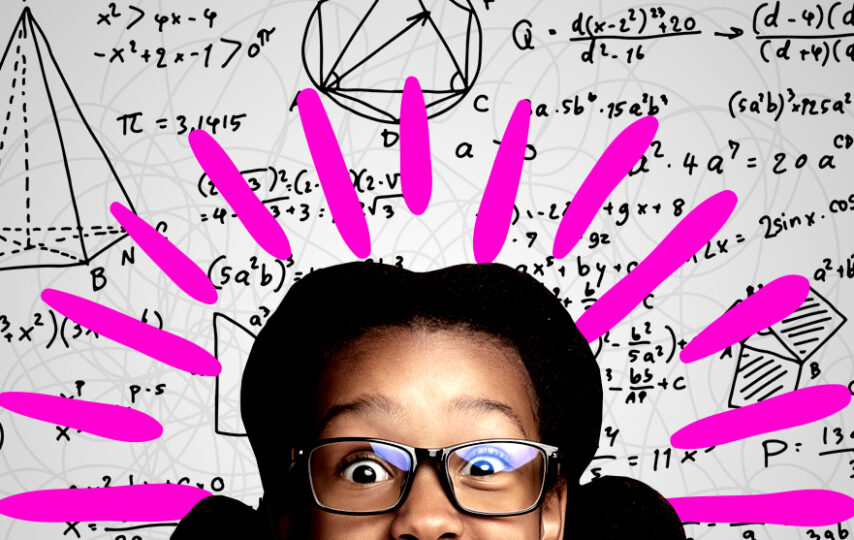Learning math is similar to building a pyramid: you need a good foundation to build the perfect shape. Mathematics is not just about complicated algorithms and calculations. In fact, many people find math problems difficult or complex because they don’t receive proper mathematics education or AMC 10 classes during their childhood, and miss out on the opportunity to build a strong base.
A lack of math knowledge can even affect cognitive development in other areas of life. It’s been proven that children who have a strong mathematics education can make better sense of life and establish cause-and-effect relationships with greater ease.
The fact that these crucial life skills directly increase in proportion to one’s mathematical skills makes it clear that developing math skills in early childhood will have a direct effect on one’s future success.
This means parents have a big role to play when it comes to their child’s mathematical — and future — potential.
How To Improve Child’s Math Skills
When children don’t develop any mathematical skills while they’re young, it becomes increasingly difficult to learn advanced concepts later on. Also, parents can observe whether the kid has math learning disability (Dyscalculia) so they can learn how to support the child before school. That’s why a student’s education begins at home, and even when they start going to school, parents have a huge impact on their after-school activities.
This means parents play a big role in their children’s mathematical success.
Here are some tips for parents that will help them support the improvement of their child’s math skills:
First, understand how children learn
Children need a stimulating learning environment in which they can play and practice new concepts. At this point, they need their parents or teachers to mentor them. Their brains are ready to learn but they need lots of guidance.
Below is an outline of the best learning process for children, divided into three phases.
- Playing and exploring: Children investigate and experience things by engaging with them through play. This is a hands-on process shaped by the child’s curiosity. This phase allows children to learn basic knowledge about their environment and develop common sense.
- Active learning: Children actively use their knowledge to build their confidence, seek challenges, and learn how to take risks. This also triggers character development — they can start to view failures as opportunities to learn, not obstacles. Active learning happens through repeated practice, and the best and most fun way for children to practice is to play.
- Creating and thinking critically: When children learn new concepts and actively use what they’ve learned, they begin to absorb this knowledge into their long-term memory. During this phase, they start to use their existing knowledge to think independently and create new links between concepts and ideas, and to build strategies on doing things on their own unique way.
DEVELOPING MATH SKILLS IN EARLY CHILDHOOD
As mentioned before, children start learning math the moment they start exploring the world. Infants will compare the shapes and sizes of objects, recognise differences in quantities, and use early math concepts in their daily lives. Math skills help children develop critical thinking and problem-solving skills, which have a direct effect on their future academic and career success.
Every age group has a key stage where their cognitive development can be supported by parents. Knowing these stages is the key to helping your child build a strong math foundation.



